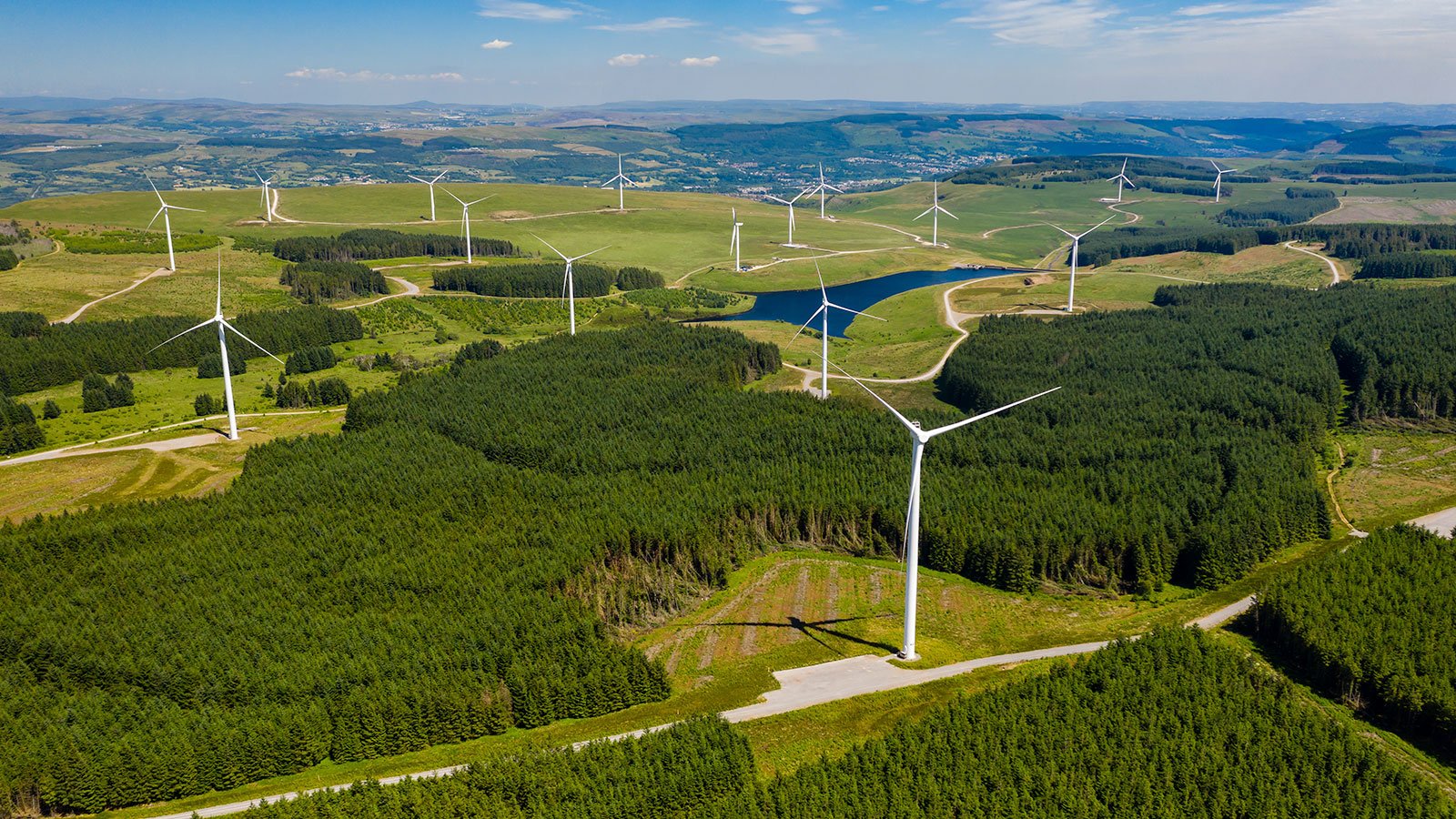The UK is set to miss a major milestone in its quest for net zero by 2050, according to a new report from the Business, Energy and Industrial Strategy (BEIS) Committee.
In October 2021, the UK Government announced a new ambitious target for achieving a fully decarbonised electricity grid, with it setting the date for net zero within the power sector for 2035. It was always going to be a monumental challenge, with the UK forced to not only replace existing sources of electricity with cleaner generation, but also deal with an increase in demand for electricity.
Now, a new BEIS Committee report suggests that the UK may fail to achieve its goal after all. It noted, “At the current pace of change, the UK is set to fail to hit its target of decarbonising the power sector by 2035,” citing issues with both policy and the slow rollout of decarbonised sources of electricity.
In terms of policy issues, the report found that “policies for the power sector have been designed in silos, without adequate consideration of how they all interrelate and fit together.” This has supposedly led to some low-carbon projects which are now facing delays of up to 15 years to connect to the electricity grid, something we have reported on at length here at Electrical Review.
The report also criticised the slow rollout of decarbonised sources of electricity, noting that “businesses which want to drive the transition forward on the ground are getting caught in red tape.” It commented on the UK Government’s long-standing opposition to onshore wind and lack of support for long-duration energy storage were all barriers to the UK successfully achieving its goal of a fully decarbonised energy grid.
Chancellor Jeremy Hunt’s windfall tax also was put in the crosshairs by the report, “The global race for capital in low-carbon projects has intensified. Meanwhile developers of renewables projects in the UK are experiencing substantial cost inflation and are subjected to a windfall tax less generous than that of the oil and gas sector.
“These factors, which are compounded by policy and regulatory delays, risk putting the viability of some renewable projects in danger. The Government has yet to set out a competitive offer to industry to ensure that the UK can continue to attract investment and maximise the economic opportunities of the transition to a decarbonised power system. The time to do so is limited.”
So, can the UK achieve its goal of a decarbonised power grid by 2035? While the report suggests it’s unlikely at this point, putting net zero by 2050 at risk, it’s still possible with some major changes in policy.
To be successful, the committee suggested some of the following:
- The UK needs to deploy low-carbon technologies at a faster rate than has been achieved historically.
- A whole host of regulatory and policy barriers will need to be removed to allow the deployment of clean technologies.
- The new Department for Energy Security and Net Zero must act to coordinate stakeholders, unlock bottlenecks, and drive an increased pace of delivery.
- The UK Government needs to better compete with the US and EU in the global battle for renewable investment.
- Firms investing in renewable energy should not pay more tax than oil and gas firms.
- The UK Government should develop a comprehensive strategy to roll-out more renewables, including onshore wind and floating wind, across all nations of the United Kingdom.
The full report and all of its recommendations can be found on the Government’s website.

